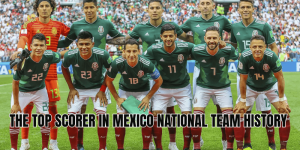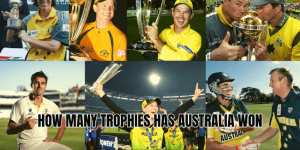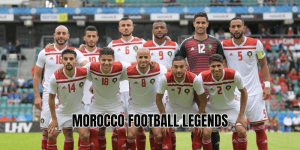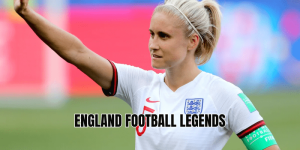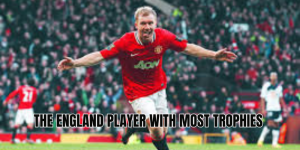Few figures have left such a lasting mark on French football. But is he truly the most successful France national team manager in history? In this article, KorKick will explore the records, achievements, rivals, and broader context to answer that question—and trace how the gold standard for Les Bleus’ leadership has evolved.
What does “most successful” mean?
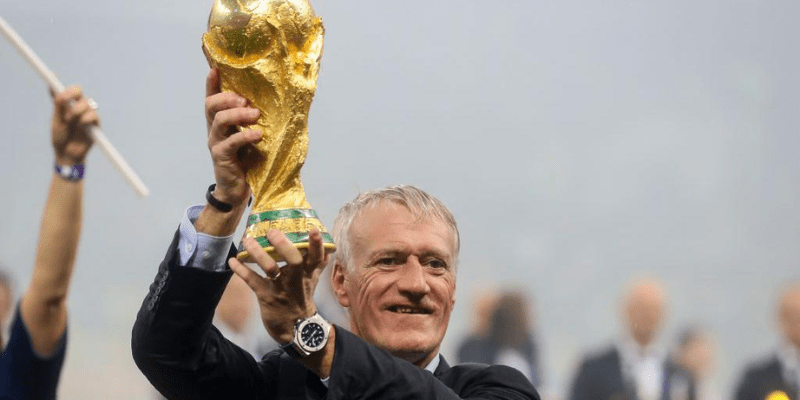
Before declaring a “winner,” we need criteria. For national team coaches, success is usually judged by a combination of:
- Major tournament wins (World Cup, European Championship, Nations League)
- Finals or deep runs in tournaments
- Longevity and consistency (years in post, win percentage)
- Impact on team development, squad renewal, and legacy
When all those factors are weighed, we can more clearly see who stands at the summit of France’s coaching history.
Didier Deschamps: the frontrunner
Title haul and major tournaments
Under Deschamps, France has collected trophies and finals appearances that few of his predecessors matched:
- 2018 FIFA World Cup champion, leading Les Bleus to global glory
- UEFA Nations League 2021 winner
- Finalist at Euro 2016 (lost in extra time to Portugal)
- Runner-up 2022 World Cup, in a dramatic final loss on penalties to Argentina
- Deep runs in other tournaments
These accomplishments give Deschamps a uniquely rich major-tournament résumé as France manager.
Longevity, consistency, and records
Deschamps has had the longest uninterrupted tenure in the history of France national team coaches. He assumed the role in July 2012, surpassing previous records for duration.
His win rate is strong: across many matches, he has maintained a win percentage hovering in the 55–60% range.
In terms of matches managed, he sits at or near the top. Under his stewardship, the team has remained a consistent force on the international stage, rarely missing major tournaments or crashing out early.
Legacy and broader impact
Beyond trophies, Deschamps’s strength lies in squad management: blending stars like Mbappé, Griezmann, and others with youth prospects; reloading the team after the 2010s’ disappointments; and instilling a mental resilience. He has also navigated pressure, controversy, and expectation with composure.
Given his blend of silverware, tenure, and sustained performance, Deschamps is widely regarded as the leading candidate for the title most successful France national team manager.
Other contenders in France coaching lore
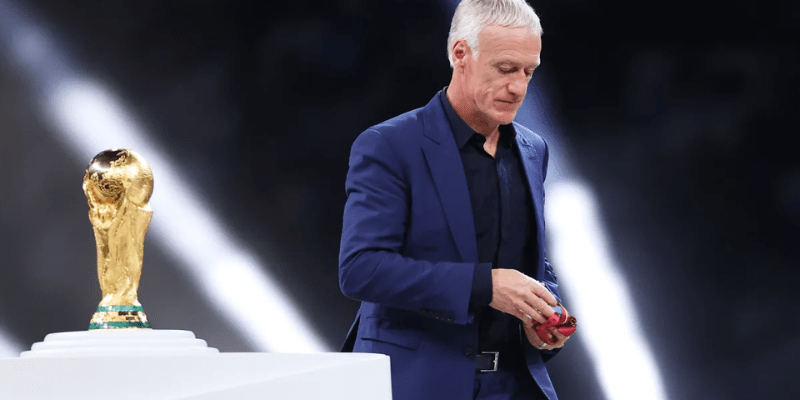
While Deschamps leads the modern record, a few coaches.
Michel Hidalgo (1976–1984)
Michel Hidalgo reshaped French football during his era by introducing an exciting, attacking brand of play and by forging the famous “carré magique” midfield (Platini, Giresse, Tigana, Fernández).
His major triumph was Euro 1984, won on home soil. He also led France to the semi-finals of the 1982 World Cup. Hidalgo’s impact on style and identity is enduring.
Aimé Jacquet (1993–1998)
Jacquet’s tenure is immortal thanks to the 1998 World Cup victory on French soil. That alone cements him in France’s pantheon. However, his tenure was shorter, and his other tournament achievements were less varied.
Raymond Domenech (2004–2010)
Domenech had a controversial reign. Though he led France to the 2006 World Cup final (losing to Italy on penalties), his tenure is also defined by inconsistency, underperformance, and the infamous fallout at the 2010 World Cup.
Albert Batteux
Though Batteux is best known for his club successes, his international record is respectable: leading France to third place in the 1958 World Cup and managing the national team in the late 1950s–early 1960s. His reputation is stronger at the domestic level, less so in comparisons to modern coaches.
Side-by-side: Deschamps vs great predecessors
| Coach | Tenure | Major Titles / Achievements | Strengths & Challenges |
| Didier Deschamps | 2012–2026 (expected) | World Cup 2018, Nations League 2021, finalist Euro 2016, runner-up WC 2022 | Longevity, consistency, squad management, major tournament pedigree |
| Michel Hidalgo | 1976–1984 | Euro 1984 | Attractive style, team identity, mid-era makeover |
| Aimé Jacquet | 1993–1998 | World Cup 1998 | Clutch triumph on home soil, transformational moment |
| Raymond Domenech | 2004–2010 | World Cup final 2006, Euro participation | Occasional brilliance, also controversy and uneven results |
| Albert Batteux | ~1955–1962 | 3rd place World Cup 1958 | Strong early international record, but limited trophy count |
Viewed side by side, Deschamps combines the breadth (multiple tournaments), depth (finals and wins), longevity, and adaptability. His trophy cabinet at national level is unmatched for France.
Challenges & caveats: Is there any rival?
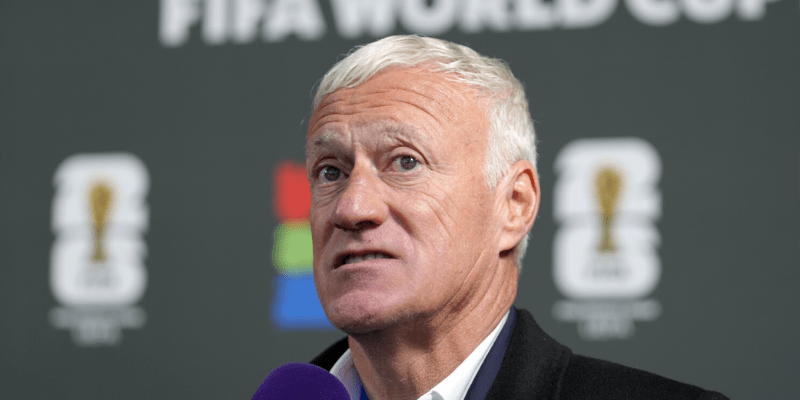
One might argue that Jacquet, by winning France’s first-ever World Cup, holds sacred status. Or that Hidalgo, for creating a style and setting a foundation, deserves elevated standing. But in strictly measurable terms—titles, finals, longevity, win rate—Deschamps dominates.
Moreover, in modern football, with more competitions and dee.
One final caveat: Deschamps has announced he will step down after the 2026 World Cup. His reign, while still active, will eventually end. Future historians may weigh his full career in hindsight.
Why “most successful France national team manager” is more than a title
The label most successful France national team manager is partly symbolic—but meaningful. It signals not just success in tournaments, but mastery over time, pressure, squad cycles, and expectations. Deschamps has delivered trophies and maintained France as a powerhouse, not just in one cycle, but across more than a decade.
He has also positioned France to transition into a post-2026 era with stability, setting up a successor with a healthy structure and identity.
Final Thoughts
In short: Didier Deschamps is the most successful France national team manager by nearly every modern measure—trophies, consistency, tenure, and legacy. Earlier icons like Hidalgo and Jacquet deserve reverence and credit for their eras, but none combine the full package as he does.
If you’re fascinated by French football history or want to track upcoming coaches who might challenge that title, follow KorKick for player profiles, coach analyses, and rich storytelling. And let us know: in your view, can any coach ever dethrone Deschamps?


